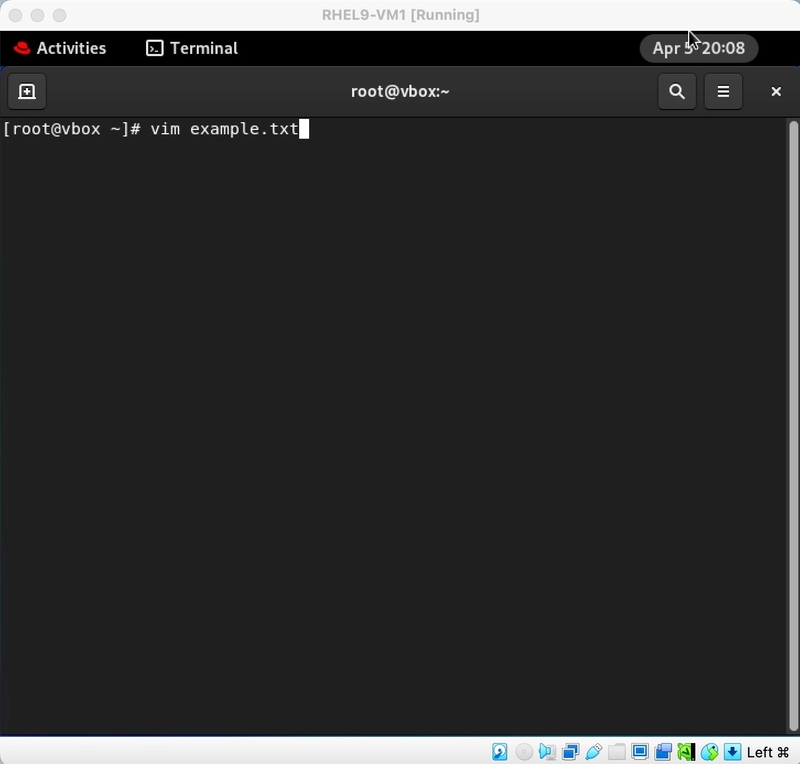Top 3 Reasons to Master Communication Skills Along with Technical Skills
In today’s tech-driven world, having strong technical skills like software development, data analysis, or cybersecurity is essential. However, technical expertise alone is not enough to thrive in a competitive job market. The ability to communicate effectively is equally important, and mastering communication skills can significantly boost your career growth. Here are the top three reasons why you should develop communication skills alongside your technical expertise. 1. Bridging the Gap Between Technical and Non-Technical Teams As a developer, engineer, or data scientist, you often work with professionals who may not have a technical background, such as product managers, marketers, or executives. Being able to explain complex technical concepts in a clear and concise manner ensures smooth collaboration and prevents misunderstandings. Why it matters: Helps you convey technical solutions to non-technical stakeholders Ensures alignment between development teams and business goals Reduces project delays caused by miscommunication By mastering communication skills, you can bridge this gap and create a more cohesive and productive work environment. 2. Boosting Career Growth and Leadership Opportunities Technical expertise can get you in the door, but strong communication skills can propel you into leadership roles. Whether you aspire to be a team lead, project manager, or CTO, the ability to articulate ideas, give effective presentations, and negotiate with stakeholders is crucial. Why it matters: Increases your chances of promotion to leadership positions Makes you a more effective mentor and team player Enhances your ability to influence and inspire others Leaders who can communicate effectively are more likely to earn the trust of their team and drive successful projects. 3. Enhancing Problem-Solving and Collaboration Great developers don’t just write code; they solve problems. Often, the best solutions emerge from brainstorming sessions, code reviews, and discussions with teammates. Strong communication skills help you express your ideas clearly, ask the right questions, and actively listen to feedback. Why it matters: Encourages knowledge sharing and learning from peers Helps in conflict resolution within teams Makes collaboration smoother in remote and in-office environments Effective communication fosters a team-oriented culture where everyone contributes to innovative solutions. Final Thoughts Mastering communication skills alongside your technical expertise is no longer optional—it’s a necessity. Whether you want to be a better collaborator, grow into leadership roles, or simply increase your impact in your organization, strong communication will set you apart. By investing time in developing your communication skills, you’ll unlock greater career opportunities and become a well-rounded professional in the tech industry. Start practicing today—speak up in meetings, write better documentation, and engage in meaningful discussions. Your future self will thank you!

In today’s tech-driven world, having strong technical skills like software development, data analysis, or cybersecurity is essential. However, technical expertise alone is not enough to thrive in a competitive job market. The ability to communicate effectively is equally important, and mastering communication skills can significantly boost your career growth. Here are the top three reasons why you should develop communication skills alongside your technical expertise.
1. Bridging the Gap Between Technical and Non-Technical Teams
As a developer, engineer, or data scientist, you often work with professionals who may not have a technical background, such as product managers, marketers, or executives. Being able to explain complex technical concepts in a clear and concise manner ensures smooth collaboration and prevents misunderstandings.
Why it matters:
- Helps you convey technical solutions to non-technical stakeholders
- Ensures alignment between development teams and business goals
- Reduces project delays caused by miscommunication
By mastering communication skills, you can bridge this gap and create a more cohesive and productive work environment.
2. Boosting Career Growth and Leadership Opportunities
Technical expertise can get you in the door, but strong communication skills can propel you into leadership roles. Whether you aspire to be a team lead, project manager, or CTO, the ability to articulate ideas, give effective presentations, and negotiate with stakeholders is crucial.
Why it matters:
- Increases your chances of promotion to leadership positions
- Makes you a more effective mentor and team player
- Enhances your ability to influence and inspire others
Leaders who can communicate effectively are more likely to earn the trust of their team and drive successful projects.
3. Enhancing Problem-Solving and Collaboration
Great developers don’t just write code; they solve problems. Often, the best solutions emerge from brainstorming sessions, code reviews, and discussions with teammates. Strong communication skills help you express your ideas clearly, ask the right questions, and actively listen to feedback.
Why it matters:
- Encourages knowledge sharing and learning from peers
- Helps in conflict resolution within teams
- Makes collaboration smoother in remote and in-office environments
Effective communication fosters a team-oriented culture where everyone contributes to innovative solutions.
Final Thoughts
Mastering communication skills alongside your technical expertise is no longer optional—it’s a necessity. Whether you want to be a better collaborator, grow into leadership roles, or simply increase your impact in your organization, strong communication will set you apart. By investing time in developing your communication skills, you’ll unlock greater career opportunities and become a well-rounded professional in the tech industry.
Start practicing today—speak up in meetings, write better documentation, and engage in meaningful discussions. Your future self will thank you!












































































































































































![[The AI Show Episode 142]: ChatGPT’s New Image Generator, Studio Ghibli Craze and Backlash, Gemini 2.5, OpenAI Academy, 4o Updates, Vibe Marketing & xAI Acquires X](https://www.marketingaiinstitute.com/hubfs/ep%20142%20cover.png)



























































































































![[DEALS] The Premium Learn to Code Certification Bundle (97% off) & Other Deals Up To 98% Off – Offers End Soon!](https://www.javacodegeeks.com/wp-content/uploads/2012/12/jcg-logo.jpg)


![From drop-out to software architect with Jason Lengstorf [Podcast #167]](https://cdn.hashnode.com/res/hashnode/image/upload/v1743796461357/f3d19cd7-e6f5-4d7c-8bfc-eb974bc8da68.png?#)








































































































.png?#)

































_Christophe_Coat_Alamy.jpg?#)
 (1).webp?#)





































































































![Apple Considers Delaying Smart Home Hub Until 2026 [Gurman]](https://www.iclarified.com/images/news/96946/96946/96946-640.jpg)
![iPhone 17 Pro Won't Feature Two-Toned Back [Gurman]](https://www.iclarified.com/images/news/96944/96944/96944-640.jpg)
![Tariffs Threaten Apple's $999 iPhone Price Point in the U.S. [Gurman]](https://www.iclarified.com/images/news/96943/96943/96943-640.jpg)




































































































































